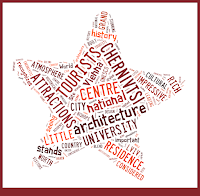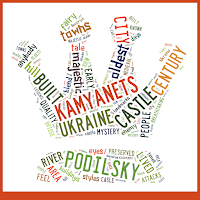I live in the beautiful
village of Vysypivtsi which was
founded in 1785. Our village is small, nevertheless, I love it very much. Here you can see a
variety of exciting landscapes which
are beautiful in any season. In the middle
of the village flows the river
Nesterika. Buildings
are located on its both
banks. There is a small forest on the hill nearby. If you climb the hill
you
can see the whole village, at a glance, with breathtaking colorful scenery.
There are many springs with very clean and tasty water. There’s a legend
that the first man who settled here chose this place because of delicious
water. This small spring remains to these days and the water in it is
as good
as ever.Often the travellers stop to drink our water and take it to their homes.
People
in our village are kind, generous
and hard-working. They love the
land like their forefathers did. They take care of fertile soil and it pays
back in plentiful harvests. We are not just good neighbours, we are close
friends who support each other and help in difficult times. My villagers are
sincere and honest, they disgust lies and strive for truth.
My village is a great place to
live in because you will never feel lonely here. Everyone is a part of a big
and friendly community. People here do care about their spiritual health and
care for those who are near them.
I
believe
that our village
will continue to evolve, grow and prosper because we all work for its future!






